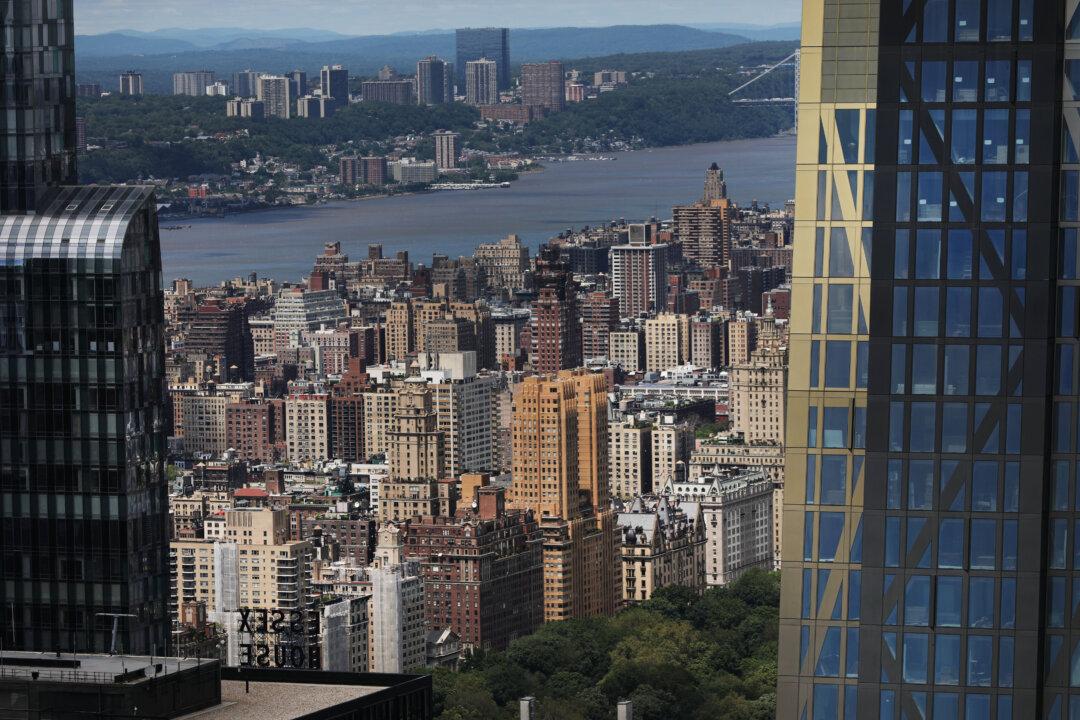The New York State landlord association has asked federal court to put on hold the state’s eviction moratorium extension, saying it violates their property, due process, and First Amendment rights.
The Supreme Court already stopped the previous moratorium, but the state legislature tweaked the policy and passed it again. The association says the policy is still fundamentally the same and thus violates their rights.





